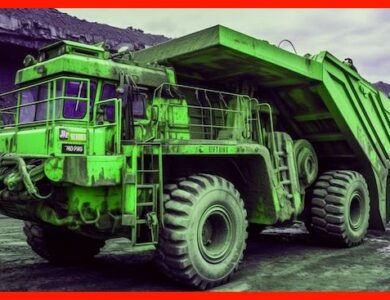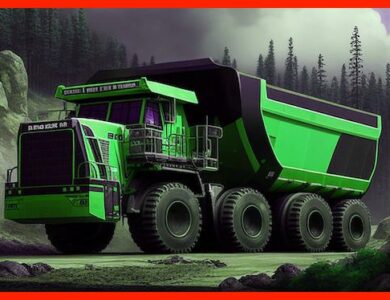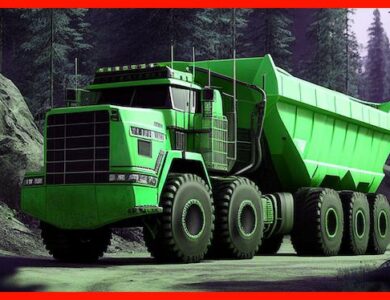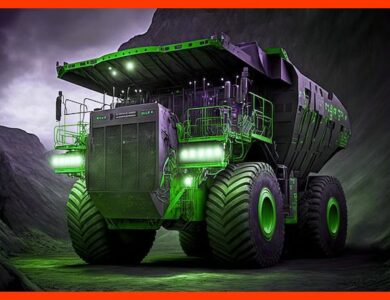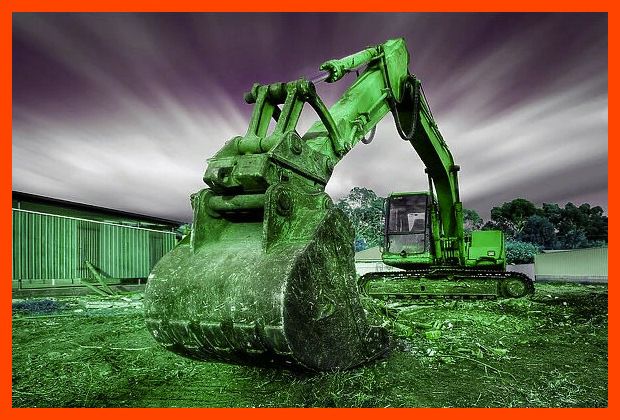
Mastering the Art of Big Machine Operation A Comprehensive Guide
In the realm of industrial prowess, few roles carry as much weight as that of a big machine operator. Operating heavy machinery demands not only skill but also a deep understanding of the equipment and the environment in which it operates. Whether you’re maneuvering a towering crane at a construction site or deftly handling a bulldozer on a mining operation, the responsibilities and challenges faced by big machine operators are immense. In this guide, we delve into the intricacies of big machine operation, offering insights, tips, and best practices to help you master this vital profession.

Understanding Big Machines: The Backbone of Industrial Operations
Big machines, also known as heavy equipment, are the backbone of numerous industrial operations across various sectors. These machines come in a myriad of forms and serve diverse purposes, ranging from earthmoving and excavation to lifting and material handling. Examples of big machines include excavators, bulldozers, cranes, loaders, and forklifts, among others. Each type of equipment is designed for specific tasks, with varying capabilities and complexities.
The Role of a Big Machine Operator: Skills and Responsibilities
As a big machine operator, you are entrusted with the safe and efficient operation of heavy equipment. Your role extends beyond merely manipulating controls; it encompasses a range of skills and responsibilities essential for ensuring productivity and safety on the job site. Some key attributes of a proficient big machine operator include:
1. Technical Proficiency:
Mastering the technical aspects of operating heavy machinery is paramount. This entails a thorough understanding of equipment controls, functions, and maintenance procedures. A skilled operator can navigate complex machinery with precision and confidence, maximizing performance while minimizing downtime.
2. Safety Consciousness:
Safety is non-negotiable in the realm of big machine operation. Operators must adhere to stringent safety protocols to mitigate risks and prevent accidents. This involves conducting pre-operational checks, implementing proper safety measures, and remaining vigilant at all times to avoid hazards.
3. Spatial Awareness:
Big machine operators must possess keen spatial awareness to maneuver their equipment effectively in dynamic environments. This includes gauging distances, angles, and obstacles accurately to execute tasks with precision and avoid collisions or damage to property.
4. Problem-Solving Skills:
The nature of big machine operation often presents unforeseen challenges and obstacles. Operators must exhibit strong problem-solving skills to overcome obstacles, troubleshoot mechanical issues, and adapt to changing circumstances on the job site.
5. Communication:
Effective communication is essential for coordinating with colleagues, supervisors, and other personnel on the job site. Operators must convey information clearly and concisely, whether it pertains to task instructions, safety concerns, or equipment status.
Best Practices for Big Machine Operation
1. Conduct Pre-Operational Checks:
Before commencing work, always conduct thorough pre-operational checks on your equipment. This includes inspecting vital components such as fluids, tires, brakes, and controls to ensure everything is in proper working order.
2. Maintain Situational Awareness:
Maintain constant vigilance while operating heavy machinery, keeping an eye out for potential hazards or obstacles in your surroundings. Stay focused on the task at hand and be prepared to react swiftly to changing conditions.
3. Adhere to Safety Protocols:
Strictly adhere to safety protocols and procedures established for your specific job site and equipment. Wear appropriate personal protective equipment (PPE), follow designated pathways and work zones, and observe all safety signage and instructions.
4. Practice Regular Maintenance:
Routine maintenance is crucial for keeping big machines in optimal condition and preventing mechanical failures. Follow manufacturer recommendations for maintenance intervals and procedures, and address any issues promptly to avoid costly repairs or downtime.
5. Seek Ongoing Training:
Continuous learning and skill development are integral to mastering the art of big machine operation. Pursue additional training opportunities, certifications, or workshops to enhance your proficiency and stay abreast of industry advancements.
Becoming a proficient big machine operator requires a combination of technical expertise, safety consciousness, and practical skills. By mastering the fundamentals of equipment operation and adhering to best practices, you can excel in this demanding profession while ensuring productivity, efficiency, and safety on the job site.
